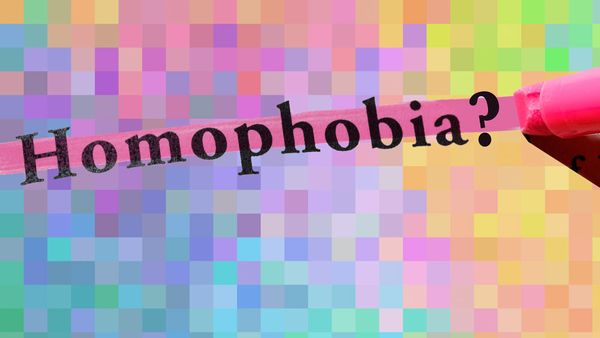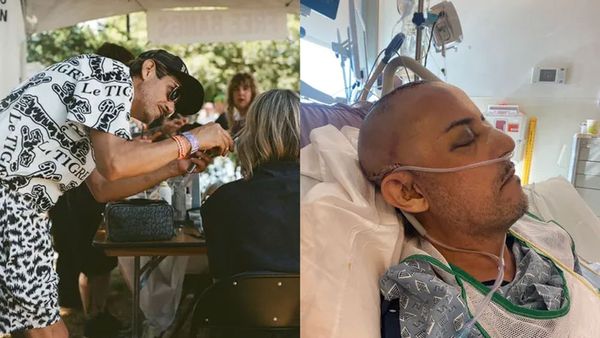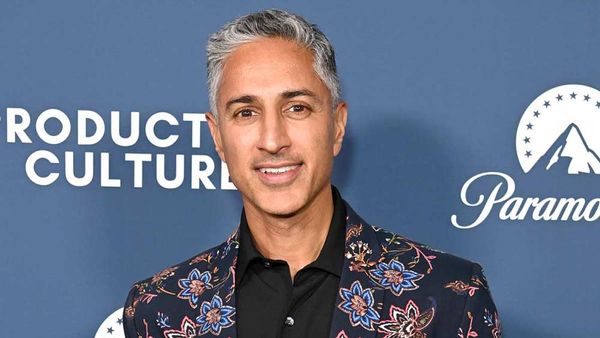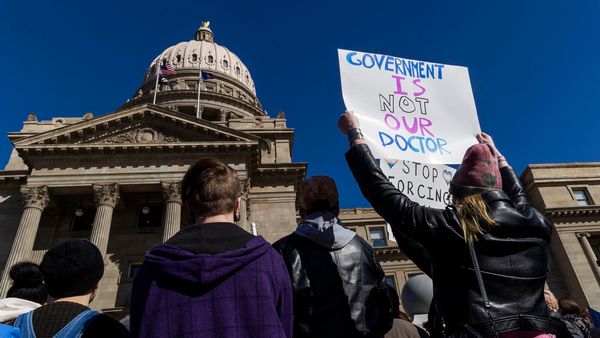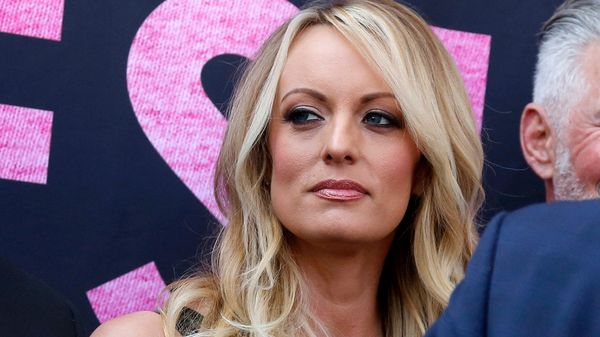November 17, 2012
Attorney Boies Discusses Prop 8 options
Chris Sosa READ TIME: 4 MIN.
The excitement of the presidential election is passed; it is time for Washington, D.C. to get back to work. At the top of the schedule is a conference of the Supreme Court justices on November 30, where they will discuss whether to take cases involving the Defense of Marriage Act and the federal challenge to Proposition 8.
The justices had indicated they would consider the marriage cases next week, but on Tuesday said that they would be on the conference schedule at the end of the month.
Representing two same-sex couples challenging Prop 8, along with Theodore Olson, is attorney David Boies, who was awarded the Public Interest Excellence Award by the University of San Francisco's School of Law on November 9.
Before the event, Boies sat down with the Bay Area Reporter to discuss what he expects from the nation's highest court at the end of the month.
In regards to Prop 8, the justices will make one of three decisions. They could "deny cert," as Boies said, which would allow the ruling by the 9th Circuit U.S. Court of Appeals striking down Prop 8 to go in to effect. If that happens, same-sex couples in California could once again legally wed.
The justices could also decide to hear the case, which would require Boies and Olson to submot written briefs and present oral arguments, most likely in April. If the Supreme Court decides to hear the case, as Boies said, they could essentially "decide this issue once and for all. So that, not only could people get married in California, they could get married in Alabama," and everywhere else in the country. A final decision would be expected in June 2013.
However, the court could also decide to "in effect, just hold the petition in our case, not make a decision one way or another," which would leave Boies's clients, and same-sex couples in the state, in limbo, not knowing if or when they will be able to legally marry.
The Supreme Court conference comes at the end of a month full of big gains for supporters of marriage equality. On election night, November 6, Maine, Maryland, and Washington state all passed ballot measures supporting legal unions for gay and lesbian couples. Couples can begin marrying in Washington next month; Maine and Maryland will follow in January.
Those states join Connecticut, Iowa, Massachusetts, New Hampshire, New York, Vermont, and Washington, D.C. in allowing same-sex marriage.
In Minnesota last week, voters rejected a constitutional ban on same-sex marriage, although it is still not legal to marry in the North Star State.
Boies was asked if this year's election results would have any effect on the Supreme Court's decision.
"I think it could have an effect," Boise said, "because I think the court does look to whether its decisions will be accepted.
"The reason you need a Supreme Court and a written Constitution is to deal with the situations in which the majority, of any particular point in time, takes action that is inconsistent with fundamental rights. At that point, the court is always, to some extent, on the side of the minority," he added.
The last time the Supreme Court made a major decision on the definition of marriage was in 1967, in Loving v. Virginia , when it ruled Virginia's Racial Integrity Act of 1924, which prohibited interracial marriage, to be unconstitutional.
At the time, Boies said, "64 percent of the American people believed interracial marriages were wrong."
In recent years, public support for marriage equality has increased. In May 2011, Gallup published a report stating that for the first time ever, a majority of Americans, 53 percent, were in favor of allowing gays and lesbians to marry.
According to an article published by Reuters the day of Boies's visit to San Francisco, "legal analysis that applies to equal protection challenges, laws that discriminate against politically powerless groups receive greater scrutiny from the court."
Some opponents to marriage equality have said that the votes in states that extended marriage rights on election night may prove that gays and lesbians are no longer an oppressed, politically powerless minority, and therefore no longer need protection from the Supreme Court.
Boies laughed when he heard that argument.
"I mean it really is delusional. There is not a better way to describe it," he said.
He added that the whole point of having the court system and having the 14th Amendment, which was ratified in 1868, "is to make sure that individual states can't act to deprive their citizens equal protection of the laws, no matter how many people in that state want to do that."
But Boies is hopeful. He thinks the country is at the start of "an era in which you are seeing a new trend toward greater and greater equality, greater and greater social integration, a recognition that we are long passed the time when we should have fulfilled the promise of the Constitution, of the Deceleration of Independence."



